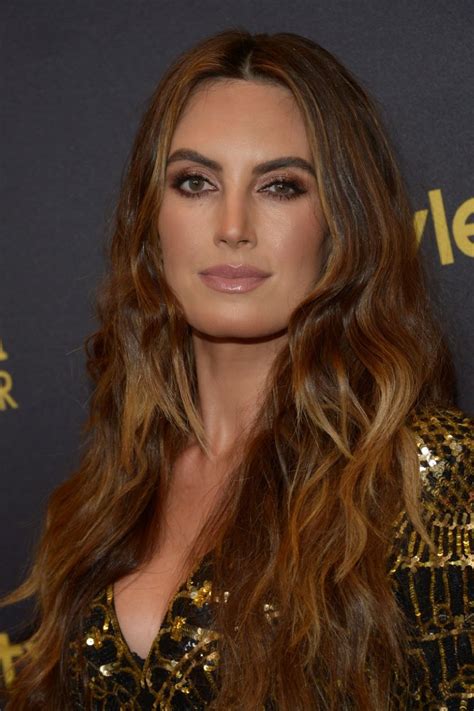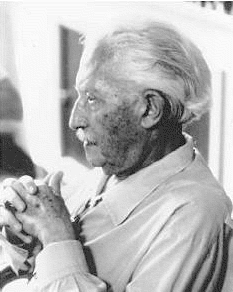A Quote by Stanley Greenspan
We need to take a less narrow look at our children’s problems and, instead, see them as windows of opportunity—a way of exploring and understanding all facets of our children’s development. If we can understand the underlying developmental process, we can see a child’s struggles as signs of striving toward growth instead of chronic problems or attempts to aggravate adults.
Related Quotes
When parents see their children's problems as opportunities to build the relationship instead of as negative, burdensome irritations, it totally changes the nature of parent-child interaction. Parents become more willing, even excited, about deeply understanding and helping their children. . . . This paradigm is powerful in business as well.
The only effective way to help well-intentioned, intelligent persons to do the best they can in raising children is to encourage and guide them always to do their own thinking in their attempts at understanding and dealing with child-rearing situations and problems, and not to rely blindly on the opinions of others.
I think that education today is a form of child abuse. The natural tendency of children is to solve problems, but we try to indoctrinate them with facts, which they are supposed to feed back, and then we fail them. And that's child abuse. And you should never raise children that way. You should cultivate and encourage their natural tendencies to create solutions to the problems around them.
The natural tendency of children is to solve problems, but we try to indoctrinate them with facts, which they are supposed to feed back, and then we fail them. And that's child abuse. And you should never raise children that way. You should cultivate and encourage their natural tendencies to create solutions to the problems around them.
You see a child play, and it is so close to seeing an artist paint, for in play a child says things without uttering a word. You can see how he solves his problems. You can also see what's wrong. Young children, especially, have enormous creativity, and whatever's in them rises to the surface in free play.
Although adults have a role to play in teaching social skills to children, it is often best that they play it unobtrusively. In particular, adults must guard against embarrassing unskilled children by correcting them too publicly and against labeling children as shy in ways that may lead the children to see themselves in just that way.
It is in the whole process of meeting and solving problems that life has meaning. Problems are the cutting edge that distinguishes between success and failure. Problems call forth our courage and our wisdom; indeed, they create our courage and our wisdom. It is only because of problems that we grow mentally and spiritually. It is through the pain of confronting and resolving problems that we learn.
Many teachers think of children as immature adults. It might lead to better and more 'respectful' teaching, if we thought of adults as atrophied children. Many 'well-adjusted' adults are bitter, uncreative, frightened, unimaginative, and rather hostile people. Instead of assuming they were born that way, or that that's what being an adult entails, we might consider them as people damaged by their education and upbringing.































